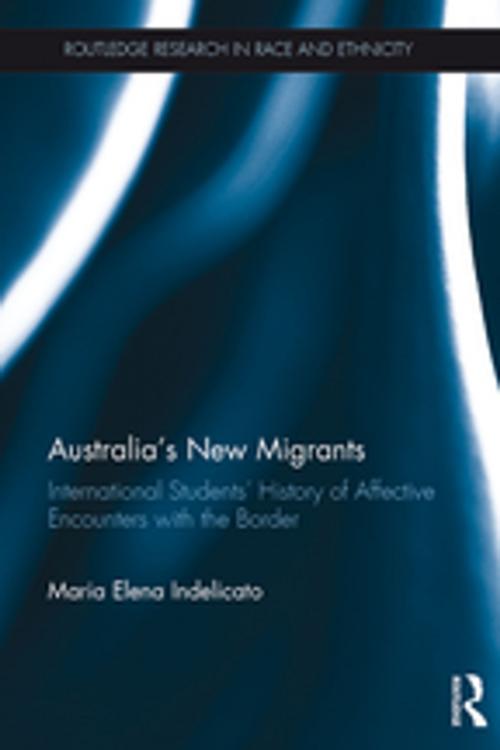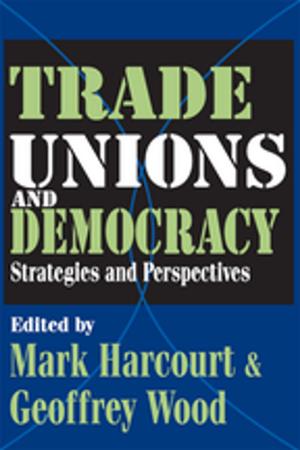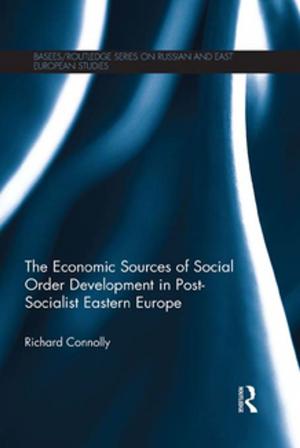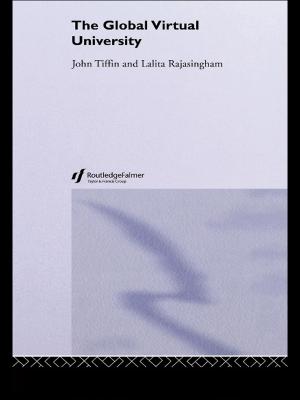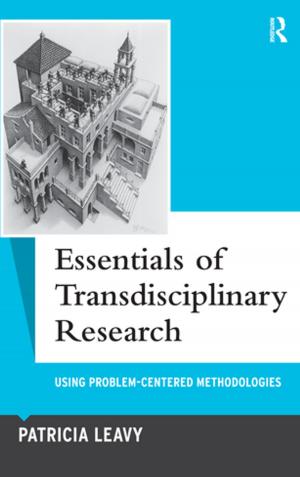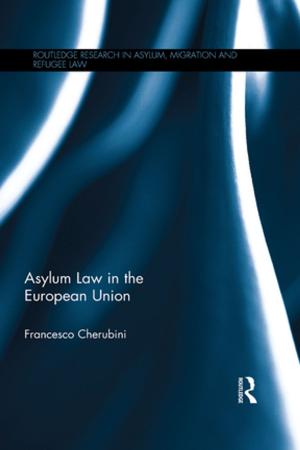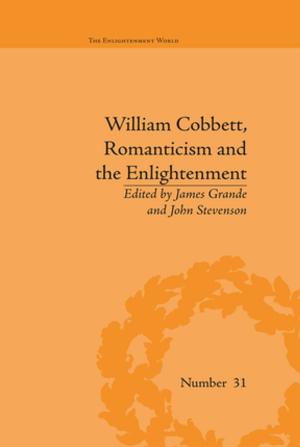Australia's New Migrants
International Students’ History of Affective Encounters with the Border
Nonfiction, Social & Cultural Studies, Social Science, Cultural Studies, Emigration & Immigration, Sociology| Author: | Maria Elena Indelicato | ISBN: | 9781317177241 |
| Publisher: | Taylor and Francis | Publication: | September 22, 2017 |
| Imprint: | Routledge | Language: | English |
| Author: | Maria Elena Indelicato |
| ISBN: | 9781317177241 |
| Publisher: | Taylor and Francis |
| Publication: | September 22, 2017 |
| Imprint: | Routledge |
| Language: | English |
This book offers a comprehensive and critical analysis of the tropes employed in the categorization of international students living and studying in Australia. Establishing the position of migrant students as ’subjects of the border’, the author employs various models of emotion in an analysis of the ways in which public debates on migration and education in Australia have problematised international students as an object of national compassion or resentment in relation to other national concerns at the time, such as the country’s place in the Asia-Pacific region, the integrity of its borders and the relative competitiveness of its economy.
Applying an innovative methodology, which combines the breadth of a diachronic study with the depth afforded by the close analysis of a diverse range of case studies – including the protests staged by Indian international students against a spate of violent attacks, which led to their labelling as ‘soft targets’ in national discourses – Australia’s New Migrants constitutes an important contribution to our understanding of the ways in which emotions shape national collectives’ orientation towards others. As such, it will appeal to scholars of sociology, cultural studies and education with interests in migration, race and emotion.
This book offers a comprehensive and critical analysis of the tropes employed in the categorization of international students living and studying in Australia. Establishing the position of migrant students as ’subjects of the border’, the author employs various models of emotion in an analysis of the ways in which public debates on migration and education in Australia have problematised international students as an object of national compassion or resentment in relation to other national concerns at the time, such as the country’s place in the Asia-Pacific region, the integrity of its borders and the relative competitiveness of its economy.
Applying an innovative methodology, which combines the breadth of a diachronic study with the depth afforded by the close analysis of a diverse range of case studies – including the protests staged by Indian international students against a spate of violent attacks, which led to their labelling as ‘soft targets’ in national discourses – Australia’s New Migrants constitutes an important contribution to our understanding of the ways in which emotions shape national collectives’ orientation towards others. As such, it will appeal to scholars of sociology, cultural studies and education with interests in migration, race and emotion.
